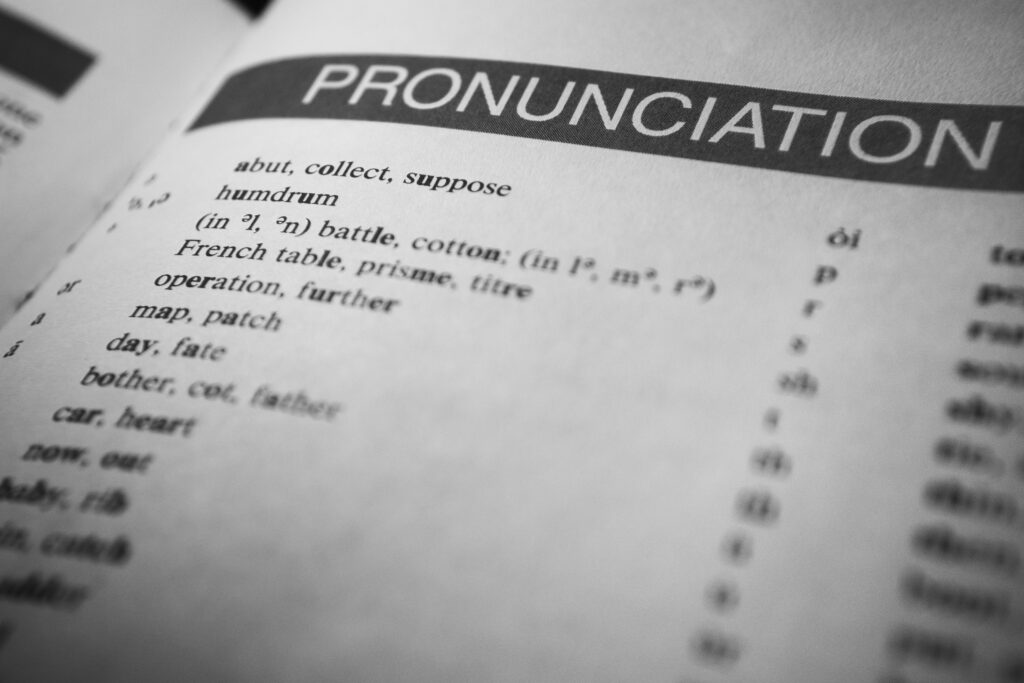Learning a new language can be a challenging task, but with the right strategies, it can be an enjoyable and fulfilling experience. Whether you’re learning for personal or professional reasons, having a solid foundation and effective study habits can make all the difference in your language-learning journey.

- Set Realistic Goals
One of the most important aspects of language learning is setting achievable goals. This means understanding your learning objectives and breaking them down into manageable milestones. For example, if you want to learn conversational Spanish, your goal might be to learn 10 new words and phrases each week. By setting specific and measurable goals, you’ll be able to track your progress and stay motivated throughout the learning process.
- Immerse Yourself in the Language
It is one of the easiest and proper way to learn a new language. This means surrounding yourself with the language as much as possible, whether it’s through watching movies and TV shows, listening to music or podcasts, or speaking with native speakers. When you immerse yourself in the language, you’ll be able to pick up on the nuances of pronunciation, grammar, and vocabulary more easily.
- Practice Consistently
Consistent practice is key to language learning success. This means setting aside dedicated study time each day or week and sticking to it. Whether you’re practicing speaking, reading, writing, or listening, consistent practice will help you build confidence and make steady progress.
- Use a Variety of Resources
There are countless language learning resources available online and offline. From textbooks and workbooks to mobile apps and language exchange websites, it’s important to use a variety of resources to keep your learning engaging and diverse. Experiment with different learning tools to find what works best for you.
- Focus on Grammar and Vocabulary
Grammar and vocabulary are the foundation for any language. While it may be tempting to focus solely on vocabulary, having a solid understanding of grammar is crucial for developing proficiency in a new language. Make sure to dedicate time to learning grammar rules and practicing them in context.

- Find a Language Exchange Partner
One of the best ways to practice speaking a new language is by finding a language exchange partner. This is someone who is fluent in the language you’re learning and who is looking to improve their skills in your native language. Language exchange partners can be found online or through local language learning groups and offer a great opportunity to practice speaking in a low-pressure setting.
AVOID STRESS & ANXIETY DURING EXAMINATION
- Conclusion
Learning a new language can be a rewarding experience that requires dedication, patience, and a willingness to make mistakes. By setting realistic goals, immersing yourself in the language, practicing consistently, using a variety of resources, focusing on grammar and vocabulary, and finding a language exchange partner, you’ll be well on your way to mastering a new language in no time.



